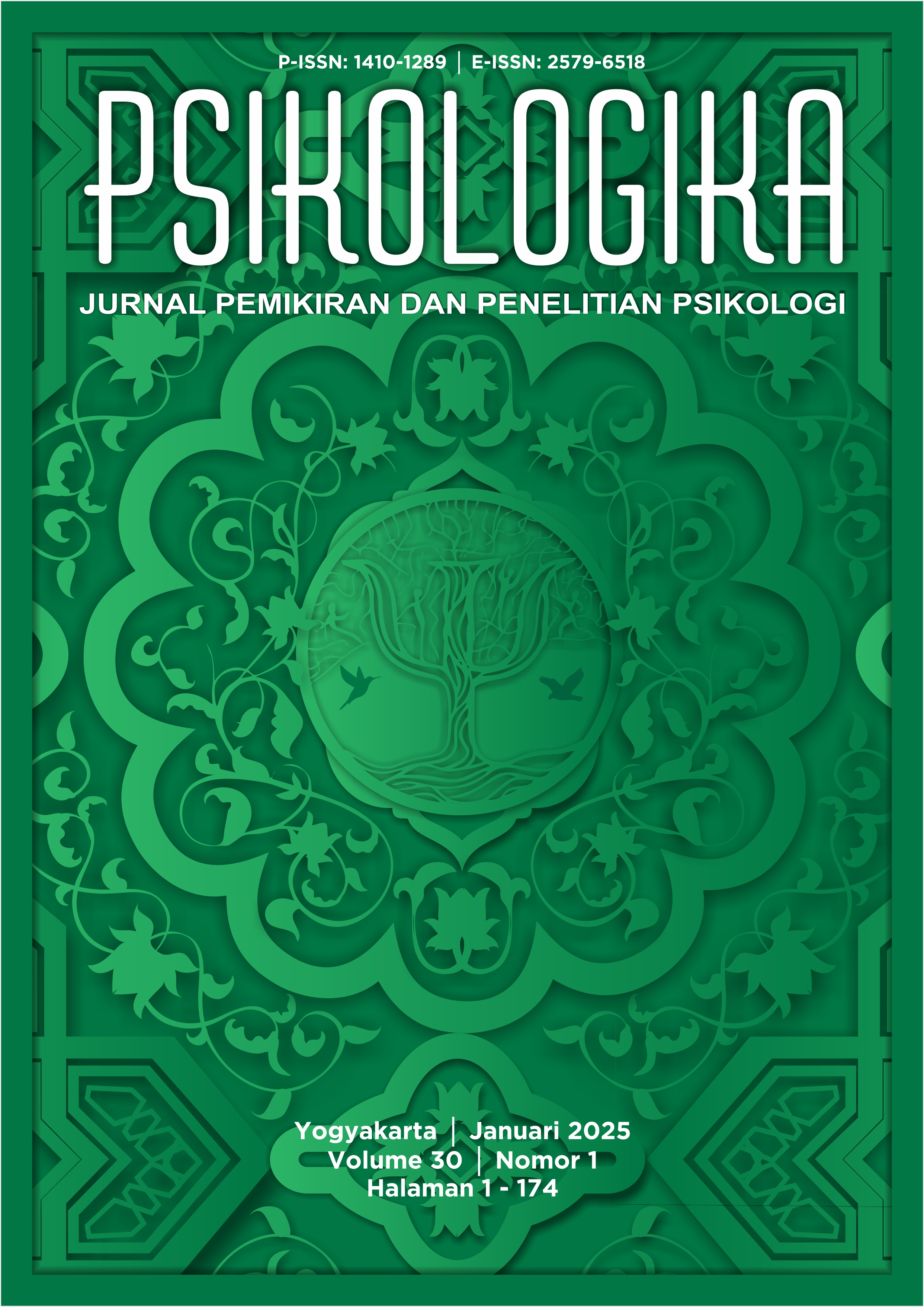Main Article Content
Abstract
The anxiety level in medical students is higher compared to other majors, thereby necessitating effective intervention. Gadjah Mada Anxiety Intervention for Medical Students (GAMAAIMS) was developed to overcome anxiety using cognitive educational therapy. Therefore, this study aimed to determine the effectiveness of the GAMA-AIMS application by examining the differences in anxiety levels of health students before and after use. A quasi-experimental with pretests and post-tests was carried out on 86 students of Faculty of Medicine, Public Health and Nursing, Universitas Gadjah Mada. Anxiety levels were measured using the Taylor Manifest Anxiety Scale (TMAS) questionnaire and statistical analysis was carried out through a paired T-test. Before the intervention, the prevalence of mild, moderate, and severe anxiety among participants was the same, at 33.3%. However, after the intervention, only 3.03% of participants experienced moderate anxiety, followed by severe and mild, with percentages of 12.12% and 84.84%, respectively. The results of the paired Ttest showed a fairly strong relationship between anxiety levels before and after the intervention (Cohen’s d coefficient = 1.04) which was statistically significant with a p-value of .000001 (p < .05). Therefore, the GAMA-AIMS mobile application was effective in reducing the anxiety levels of medical students.
Keywords
Article Details
Copyright (c) 2025 Andrian Fajar Kusumadewi, Najla Humairah Naldi, Afkar Aulia, Silas Henry Ismanto

This work is licensed under a Creative Commons Attribution-ShareAlike 4.0 International License.
Authors who publish with this journal agree to the following terms:
- Authors retain copyright and grant the journal right of first publication with the work simultaneously licensed under a Creative Commons Attribution-ShareAlike 4.0 International License that allows others to share the work with an acknowledgment of the work's authorship and initial publication in this journal.
- Authors are able to enter into separate, additional contractual arrangements for the non-exclusive distribution of the journal's published version of the work (e.g., post it to an institutional repository or publish it in a book), with an acknowledgment of its initial publication in this journal.
- Authors are permitted and encouraged to post their work online (e.g., in institutional repositories or on their website) prior to and during the submission process, as it can lead to productive exchanges, as well as earlier and greater citation of published work (See The Effect of Open Access).




